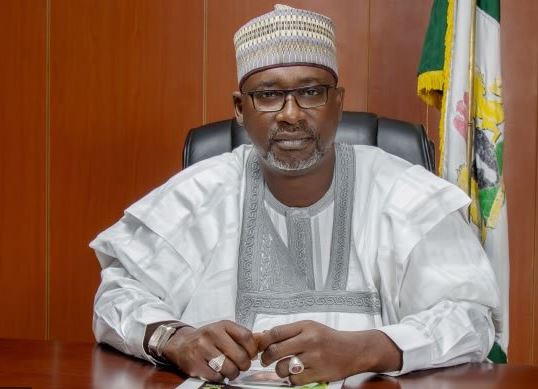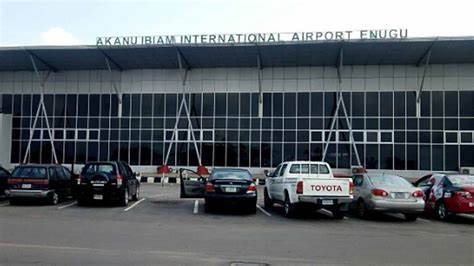THE Minister of Water Resources, Mr Suleiman Adamu, on Friday called for collaborative efforts from all stakeholders to promote the culture of handwashing in the country.
Adamu made the call at an event in Abuja to commemorate the 2021 Global Handwashing Day, with the theme, “Our Future is at Hand – Let’s Move Forward Together”.
Join our WhatsApp ChannelAccording to him, the Federal Government will continue to demonstrate the political will needed to drive a lasting change in the Water, Sanitation and Hygiene sector in Nigeria.
He said it was his belief that the joint efforts of Government and stakeholders at all levels in raising awareness on handwashing at critical times, would lead to the needed behavioural change.
Adamu, represented by Mrs Didi Walson-Jack, the Permanent Secretary in the Ministry, said this awareness would thereby produce a healthy society and an economically buoyant nation.
“In the spirit of moving forward together, we all – government, donors, civil society, private sector, media, researchers, and community – must commit to doing our part in ensuring that opportunities for handwashing are provided for everyone, everywhere.
“At households, schools, health facilities, workplaces and other public places, these facilities should also be adapted for the use of people with disabilities to ensure their accessibility.
“We should strive to eliminate existing disparities and inequalities in access as we promote effective handwashing through policy programmes and advocacy at all levels towards making it a national culture that is imbibed by all.’’
The minister said behavioural change requires that the action is performed consistently at key times, calling for the engagement of strategies that will ensure the sustainability of these practices.
Ms. Evelyn Mere, WaterAid Country Director, said this year’s theme clearly indicated the urgency and need for multi-stakeholder collaboration to promote hand hygiene and make it an integral part of national life at all levels.
According to her, the immense benefits of handwashing as a cost-effective way of preventing the spread of infectious diseases at all times, and more especially, in the midst of pandemics such as COVID-19, are already well established.
She noted that the celebration coincided with the period when Nigeria, like several other countries, is developing a National Hand Hygiene Roadmap, in collaboration with UNICEF and other development partners.
“The roadmap when approved, cost and financed, will provide a framework for planning and investment is needed infrastructure and management systems that will make access to sustainable handwashing facilities available to Nigerians at all levels.
“We commend the ministry for embracing the process, providing leadership and demonstrating a commitment to ensuring that the roadmap becomes a reality.
“WaterAid remains committed to the process of developing a National Hand Hygiene Roadmap that is owned by all stakeholders across all levels so that implementation can be effective and achieve the desired result’’.
The country director pledged the organisation’s commitment to advocating for all citizens to have access to water and handwashing facilities on a sustainable basis and imbibe the good behaviour of washing their hands at critical times.
Ms Rushnan Murtaza, UNICEF Deputy Representative, said Handwashing with soap and water may seem like a simple act, but it is life-saving.
“It protects us from many diseases, including cholera. We must work together to make handwashing not only possible but a habit with a hugely positive impact for the health and well-being of all Nigerians.”
She stressed that handwashing is critical in the fight against infectious diseases, and called on governments to commit to providing hand hygiene, not as a temporary response to the COVID-19 pandemic, but as an investment in public health and economic resilience.
The latest joint UNICEF and WHO report identified five accelerators that can enable governments to rapidly scale up access to hand hygiene.
They include good governance, smart public finance, capacity building, consistent data, and innovation.
Highlights of the event were the symbolic demonstration of proper handwashing to the pupils and other stakeholders present.

















Follow Us